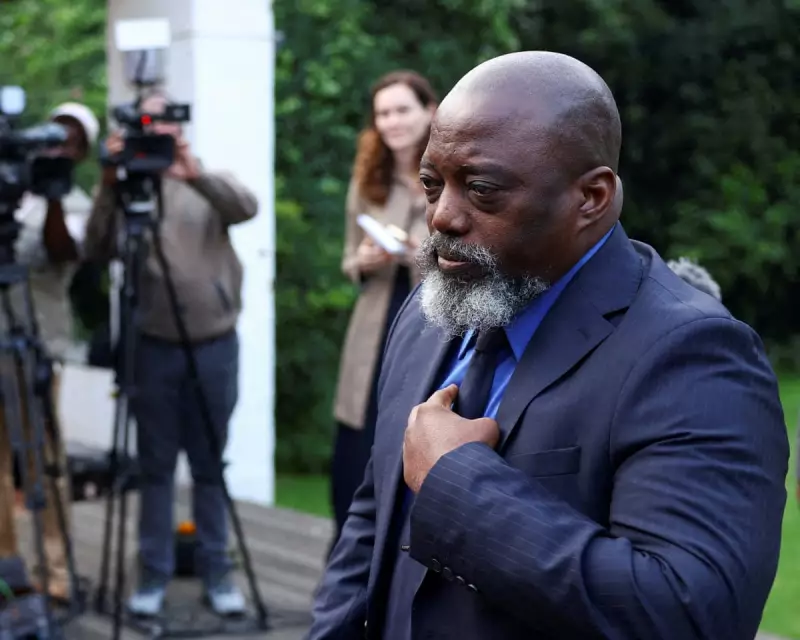
In a dramatic legal development that has sent shockwaves through international diplomatic circles, former Democratic Republic of Congo president Joseph Kabila has been sentenced to death in absentia for high treason and massive corruption during his tenure.
Historic Verdict Against Former Leader
The landmark ruling was delivered by the Congolese High Court of Justice in Kinshasa, finding the former head of state guilty of multiple grave charges. The court determined that Kabila had committed "high treason, undermining the internal and external security of the state, and participation in a criminal conspiracy" during his nearly two decades in power.
Corruption on a Grand Scale
Prosecutors presented evidence alleging the embezzlement of approximately $138 million in public funds intended for vital infrastructure projects. The missing funds were reportedly earmarked for road construction and other critical development initiatives in one of Africa's most resource-rich yet impoverished nations.
The court heard testimony detailing how funds disappeared from the National Agency for Public Works (known as ANA routes) during Kabila's presidency from 2001 to 2019. This period saw the DRC struggle with widespread poverty despite its enormous mineral wealth.
International Reaction and Diplomatic Fallout
The verdict arrives amid escalating tensions between current President Félix Tshisekedi's administration and his predecessor. Kabila, who maintains significant political influence, has consistently denied all allegations, dismissing them as politically motivated attacks.
Human rights organisations have expressed concern about the use of the death penalty, while regional analysts view the case as part of a broader power struggle within Congolese politics. The sentence raises questions about political accountability in a nation with a complex history of governance challenges.
What Happens Next?
- Kabila remains outside Congo with his current whereabouts undisclosed
- The death sentence is unlikely to be carried out while he remains abroad
- Legal experts suggest the ruling serves more as political symbolism than practical justice
- International extradition remains highly improbable given the death penalty aspect
The case represents one of the most significant political trials in recent African history, highlighting ongoing challenges of corruption and accountability in the continent's mineral-rich nations.





